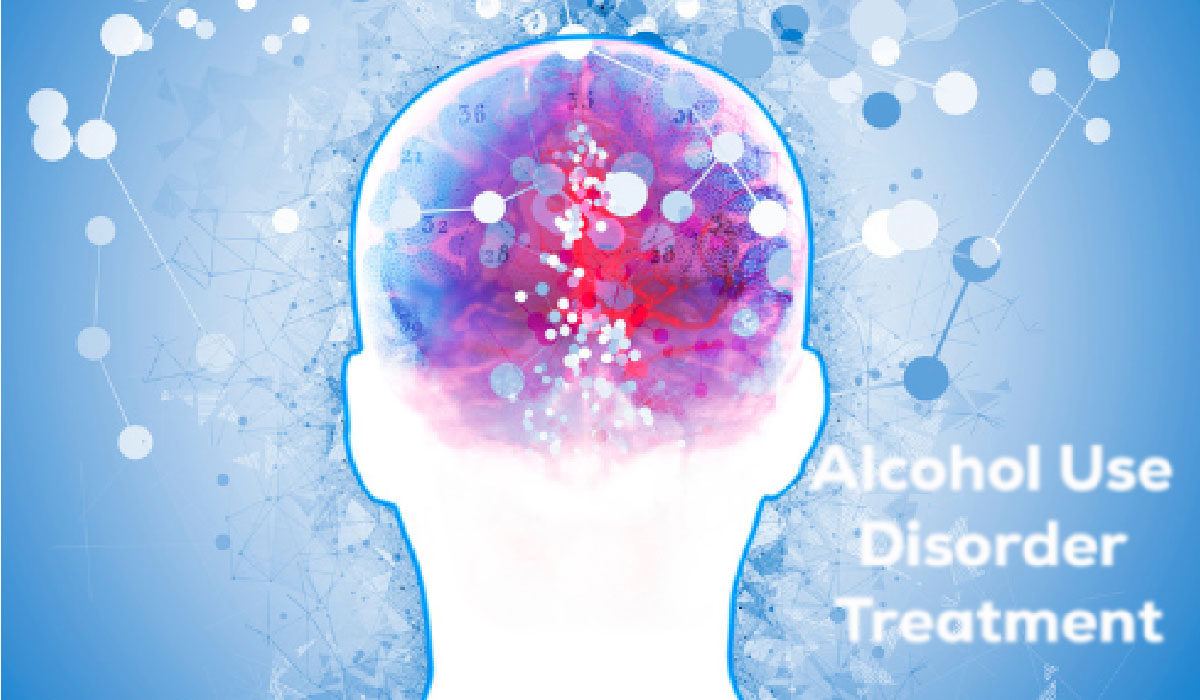My journey with alcohol use disorder (AUD) was a tumultuous ride, marked by highs and lows that seemed insurmountable at times. However, with the right alcohol use disorder treatment and support, I found my way to recovery. Here’s my success story, and I hope it offers hope and guidance to those facing similar battles.
Early Struggles and Realizations
I started drinking in my late teens, initially as a way to fit in socially. What began as occasional drinking soon spiraled into a habit I couldn’t control. By my mid-twenties, I was drinking daily and experiencing severe consequences in my personal and professional life. Relationships were strained, and my work performance suffered. The turning point came when I lost my job due to frequent absences and poor performance.
Realizing that I had an alcohol use disorder was both terrifying and liberating. I knew I needed help but was unsure where to start. The stigma around addiction made it difficult to seek assistance openly, but I reached a point where my health and well-being had to take precedence.
Seeking Professional Help
My first step towards recovery was consulting a doctor who specialized in addiction. She provided a comprehensive assessment and recommended a personalized luxury rehab treatment plan that included both medical intervention and therapy. This included a combination of medications designed to reduce cravings and manage withdrawal symptoms, making the initial phase of quitting alcohol more manageable and comfortable.
Therapy and Support Groups
Therapy was a cornerstone of my recovery. I started with individual cognitive-behavioral therapy (CBT), which helped me identify the underlying issues driving my alcohol use. My therapist guided me through strategies to cope with stress and negative emotions without resorting to drinking. Over time, I learned to recognize my triggers and develop healthier responses.
Joining a support group, specifically Alcoholics Anonymous (AA), was another critical step. The sense of community and understanding I found in AA meetings was invaluable. Sharing my experiences and hearing others’ stories provided me with a sense of solidarity and accountability. The 12-step program, with its emphasis on personal responsibility and spirituality, resonated with me and became a guiding framework for my recovery.
Building a Support Network
In addition to professional help and support groups, building a robust personal support network was essential. I reconnected with family and friends who were supportive of my sobriety. Their encouragement and understanding played a significant role in my recovery journey. They provided emotional support and helped me navigate social situations where alcohol was present.
Adopting a Healthy Lifestyle
A critical aspect of my recovery was adopting a healthier lifestyle. Regular exercise became a vital part of my routine. I found that physical activity not only improved my physical health but also significantly boosted my mood and reduced stress. I started with simple activities like walking and gradually incorporated more rigorous exercises such as jogging and yoga.
Nutrition was another focus area. I began paying attention to my diet, ensuring I consumed balanced meals rich in nutrients. Staying hydrated and eating regularly helped stabilize my mood and energy levels, making it easier to resist cravings.
Mindfulness and Meditation
Practicing mindfulness and meditation was transformative for my mental health. These practices taught me to stay present and manage stress more effectively. I started with guided meditation apps and gradually developed my own routine. Mindfulness helped me become more aware of my thoughts and feelings, allowing me to address them constructively rather than turning to alcohol.
Setting Realistic Goals
Setting realistic, achievable goals was crucial in maintaining my motivation. I broke down my recovery into small, manageable steps and celebrated each milestone. Whether it was a week without drinking or successfully navigating a social event without alcohol, acknowledging these achievements kept me focused and positive.
Continuous Learning and Growth
Recovery is a lifelong journey, and I continue to learn and grow every day. I regularly attend AA meetings, stay in touch with my therapist, and seek out new strategies for maintaining my sobriety. I also engage in activities that bring me joy and fulfillment, such as reading, painting, and volunteering.
Reflecting on the Journey
Looking back, my journey with alcohol use disorder has been one of the most challenging yet rewarding experiences of my life. The path to recovery was not easy, but it was worth every effort. Today, I am healthier, happier, and more in control of my life than ever before.
My success story is a testament to the power of seeking help, building a support network, and adopting healthy habits. If you or someone you know is struggling with AUD, remember that recovery is possible. With determination, support, and the right strategies, you can overcome this challenge and lead a fulfilling, sober life.















